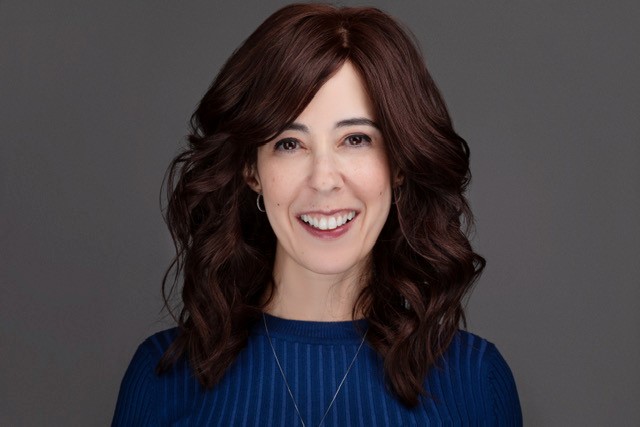Say What?


You’ve hit the buffet of your high school classmate’s daughter’s wedding. The only empty seat at the shmorg is right next to that woman you’ve recently seen around the neighborhood: at Target, at the shul’s Shabbos Mevarechim kiddush, and occasionally when you actually make it to the bus stop on time in the morning.
You exchange pleasantries. After all, in close proximity it seems rude not to. “Hi. I don’t think we’ve ever officially met. I’m Chaia.”
“Suri,” she answers.
Then.
Wait for it…
Awkward silence.
Sigh. You wish you knew what to say next. Is it nosy to ask what she does for a living? Would speaking about her kids seem too personal? Who says she even has children? And what if the conversation gets too intense and you have to excuse yourself but don’t know how? How do you take the conversation to the next level?
“Humans are, by nature, social. Interpersonal connection is a very real psychological need,” explains Elisheva Liss, LMFT, a psychotherapist in private practice in Far Rockaway. “The desire to share parts of ourselves with others and, in turn, to learn about them, is deeply embedded in our very survival.
“Whether we realize it or not, we often walk this line between wanting personal space for ourselves, and respecting that of others, yet also very much wanting to reach outside of ourselves, to share, inquire, and make connections. We have this basic curiosity, this interest to give and receive information, to relate to and learn from others. But to do this effectively requires self-awareness and sensitivity to social cues and conversational nuance. It also helps to be able to read nonverbal subtleties, like tone, cadence, facial expression, and body language.”
Elisheva, who has treated hundreds of individuals and couples, explains pieces of Matthew Kelly’s The Seven Levels of Intimacy theory, a work that teaches conceptual and practical ways to share ourselves more deeply with the people we care about and, in the process, get to know those people better.
“When we let our guard down,” Matthew Kelly writes, “we allow another person to discover what moves us, what inspires us, what drives us, what eats at us, what we are running toward, what we are running from, what self-destructive enemies lie within us, and what wild and wonderful dreams we hold in our hearts.”
Knowing how to open up to others is a crucial life skill. Social-skills expert Rivky Katz, director of Multi-Sensory Ltd. in Monsey, sees the effects of deficient communication in her work. “Without social emotional intelligence, people are less likely to have friends and more likely to drop out of jobs, make less money, be incarcerated, and die earlier. People who are socially engaged live longer lives.” Apparently, playing Jewish geography is good for your health!
But a DMC with someone who is not your BFF can be awkward. That’s why Kelly breaks the art of conversation down to seven stages, as a practical approach to go from a Wallflower to Life of the Party.
(Excerpted from Family First, Issue 613)
Oops! We could not locate your form.













